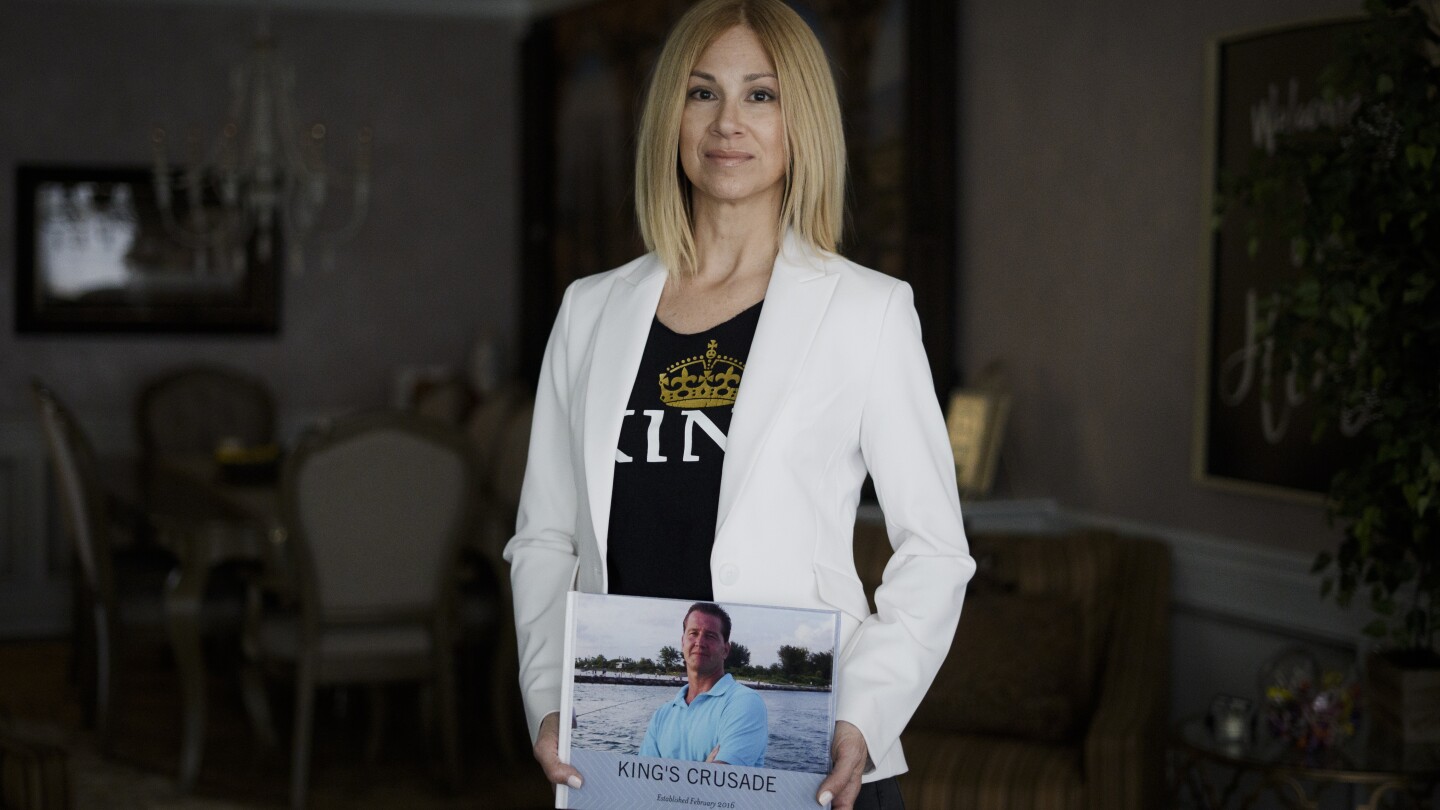Settlement money to help stem the decades-long opioid addiction and overdose epidemic is rolling out to small towns and big cities across the U.S., but advocates worry that chunks of it may be used in ways that don’t make a dent in the crisis.
As state and local governments navigate how to use the money, advocates say local governments may not have the bandwidth to take the right steps to identify their communities’ needs and direct their funding shares to projects that use proven methods to prevent deaths.
Opioids have been linked to about 800,000 deaths in the U.S. since 1999, including more than 80,000 annually in recent years, with most of those involving illicitly produced fentanyl.
The money should have been given to victims and families of victims. Local governments are going to piss it away on things it’s not meant for.
“Our 4 person PD desperately needs that new MRAP and mobile command center though!”
This money is going straight into wealthy pockets
But it will trickle down, right?
When it comes to addiction, our nation keeps doing the same things expecting a different result. Maybe we should try something new.
https://www.npr.org/2024/02/24/1230188789/portugal-drug-overdose-opioid-treatment
deleted by creator
I don’t know how it compares to ibogaine, but naltrexone is used to help people overcome addiction to opioids and alcohol these days
Ibogaine removes the root desire to use, Naltrexone just removes the euphoria that the drugs provide. You can condition a patient to not desire certain drugs with Naltrexone, but the patient needs to already be committed to the treatment plan. Ibogaine can be effective with just one use.
Sounds like a wonder drug.
It certainly can be, but it’s a strong dissociative (think hallunicanagen, but darker and less visual). Most people don’t find the experience pleasant in the moment, although there tends to be high satisfaction with efficacy afterward…
Research Ketamine, it has many, many positive benefits as has been around over 60 years. It cures many ailments and will cure many symptoms but the pharmaceutical industry keeps it on lockdown so they don’t lose profits. Identical to many other drugs in society illegal for the sake of profit.
Why was it banned? Introducing another drug into this isn’t the most attractive idea
deleted by creator
It’s all just going to MAT programs, and you guessed it, right back to the pharmaceutical companies… MAT programs don’t work if the goal is to get people off drugs, but of course the goal isn’t to get them off drugs, it’s to get them onto the profitable drugs
Opioids have been linked to about 800,000 deaths in the U.S. since 1999, including more than 80,000 annually in recent years, with most of those involving illicitly produced fentanyl.
Aside from the argument re the appropriate use case to remedy the societal impacts, which are de facto unquantifiable, the ~$44bn settlements the article refers to juxtaposed with deaths caused by opioids equates to a mere $55000 per casualty.
PEANUTS. The figure is below the US national average income in Q3 2023, i.e $59,384.
The debt to the victims, survivors and humanity is unpayable.
$55k to each family would help many, many people. Whole lot more than they’re getting now or will ever get.
In what world do you live where it’s ’peanuts’?







